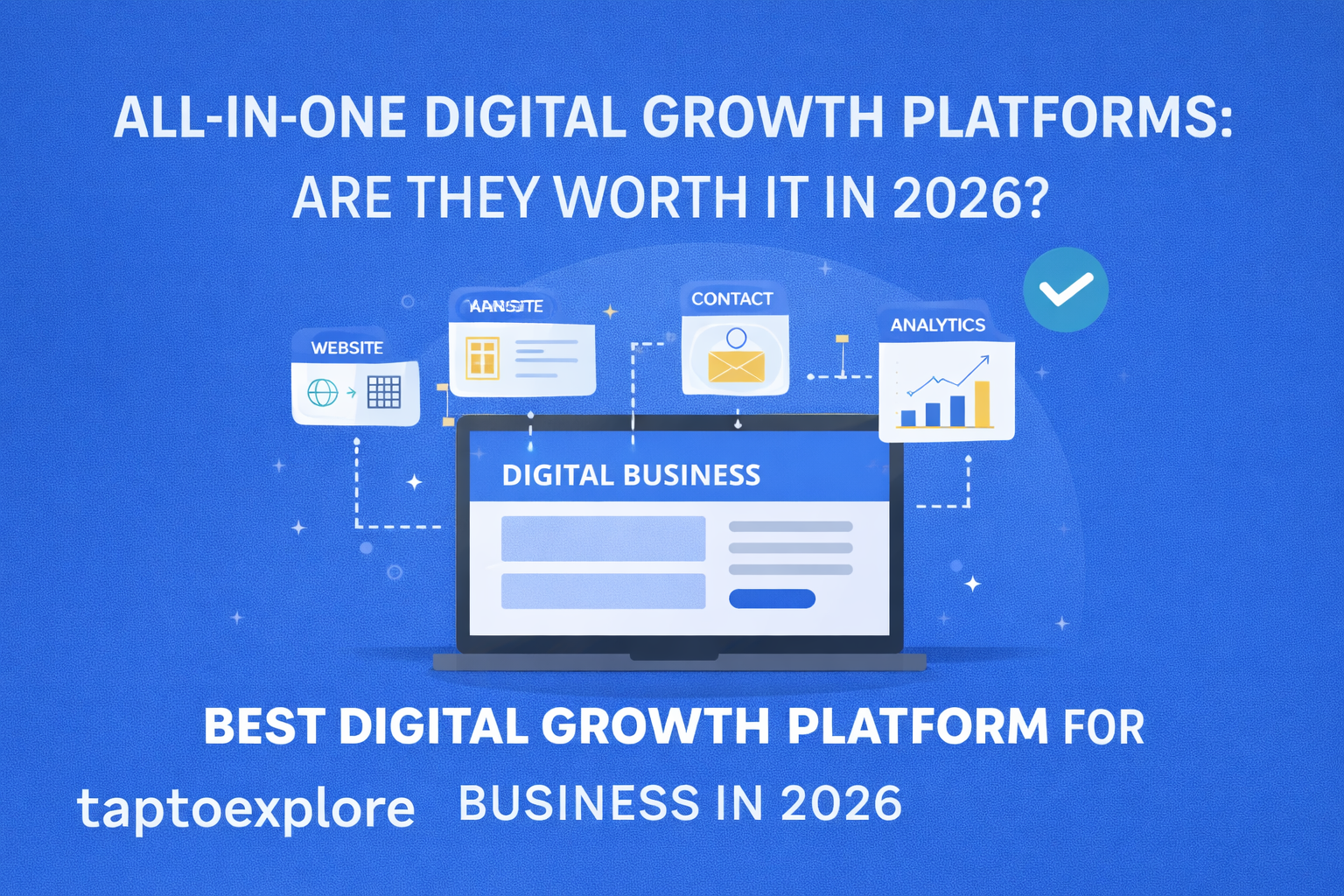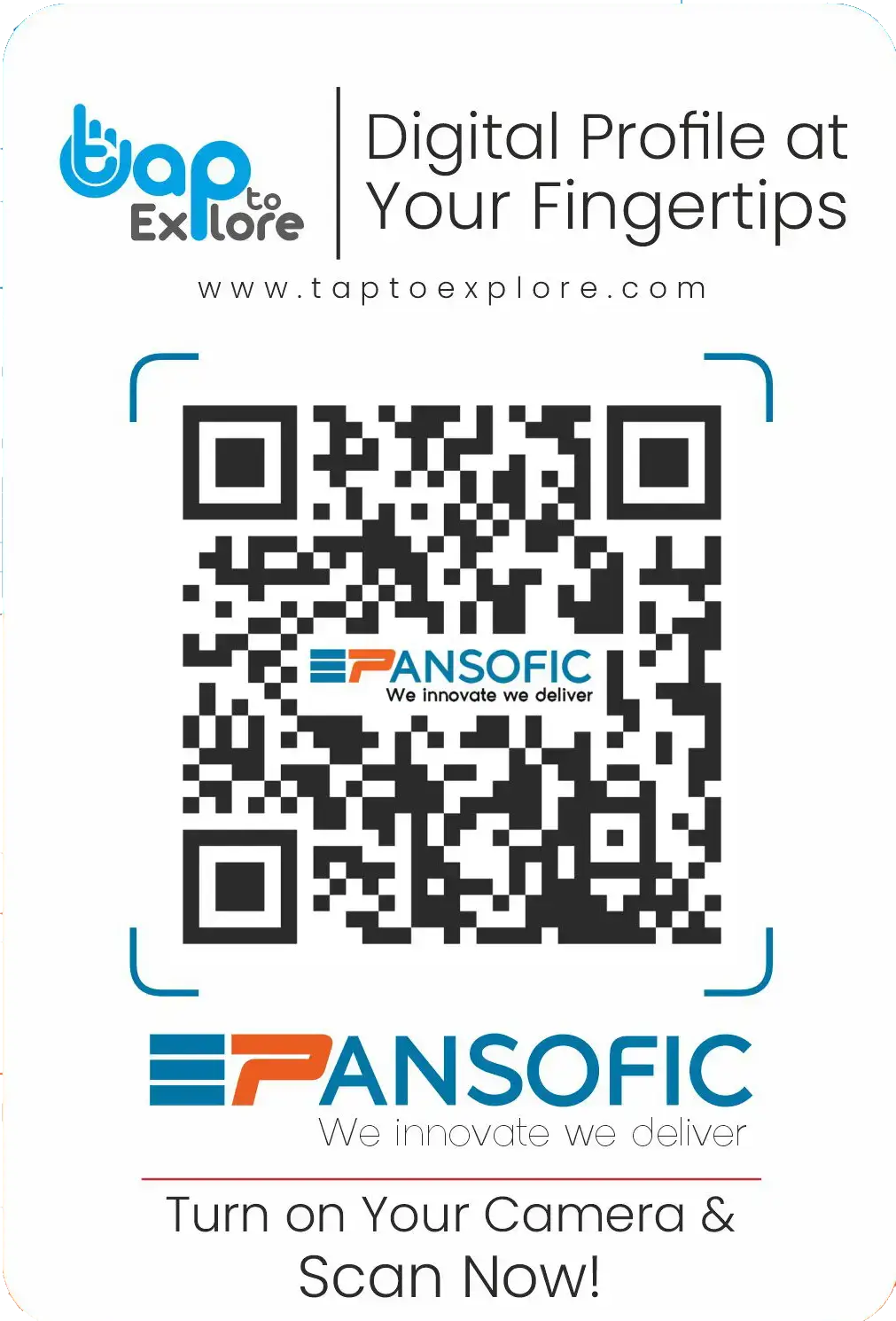12.jpg)
The Ultimate Guide: Paper Business Cards vs. Digital Business Cards
What Are Paper Business Cards?
Paper business cards have been the standard networking tool for decades. They typically include a business’s or professional’s name, contact details, and company branding. While they serve as a quick way to exchange information, they come with limitations, especially in a digital-driven age.
Pros of Paper Business Cards:
- Tangible and personal exchange
- Customizable with various designs and textures
- Widely accepted in traditional business settings
Cons of Paper Business Cards:
- Easily lost or damaged
- Expensive to print and reprint
- Not environmentally friendly
- Limited space for information
- No interactive features
Suggested Read:- From Paper to Digital: Revolutionizing Networking with a Digital Business Profile
What Are Digital Business Cards?
A digital business card is an online version of a traditional business card. It allows users to share their contact information through a QR code, a link, or NFC technology. Platforms like TapToExplore make it easy for businesses to create and manage digital business profiles efficiently.
Pros of Digital Business Cards:
- Eco-friendly: No paper waste
- Cost-effective: No printing costs
- Easily shareable: Send via email, social media, or QR codes
- Interactive: Includes videos, links, social profiles, and payment options
- Always up-to-date: Edit and update information in real time
Cons of Digital Business Cards:
- Requires internet access
- Some traditional professionals may still prefer physical cards
Key Differences Between Paper and Digital Business Cards
| Feature | Paper Business Cards | Digital Business Cards |
| Cost | Recurring printing costs | One-time setup, minimal maintenance |
| Eco-Friendliness | Uses paper, contributes to waste | 100% digital, no paper waste |
| Customization | Limited space and design | Unlimited design, links, videos, and social media |
| Accessibility | Can be lost or forgotten | Always available on a phone or cloud |
| Convenience | Needs to be physically exchanged | Share instantly via link, QR, or NFC |
| Interactivity | Static information | Clickable links, direct calls, and payment integration |
Why Digital Business Cards Are the Future
- Convenience & Accessibility: Digital cards eliminate the need for carrying stacks of paper cards. With just a smartphone, you can share your details instantly.
- Better Engagement: Unlike paper cards, digital versions allow for interactive elements like social media links, portfolio showcases, and payment gateways.
- Cost-Effective: Printing new cards for every job title change or rebrand can be expensive. Digital business cards update instantly, saving time and money.
- Global Reach: Physical cards are limited to in-person meetings, whereas digital business cards can be shared worldwide in seconds.
- Environmentally Responsible: Going paperless helps reduce deforestation and supports sustainability efforts.
Suggested Read:- Why Every Business Needs a Mini Website in 2025 | Tap To Explore
How to Create a Digital Business Card with TapToExplore
- Step 1: Sign up on TapToExplore and choose a digital profile template.
- Step 2: Add your business details, contact information, social media links, and portfolio.
- Step 3: Generate a QR code or custom link for easy sharing.
- Step 4: Share your digital business card via WhatsApp, email, or social media.
- Step 5: Update your information anytime without needing to reprint anything!
Conclusion: Which One Should You Choose?
If you value sustainability, cost savings, and ease of sharing, digital business cards are the clear winner. While traditional paper business cards still have a place in some industries, the shift toward digital networking is inevitable. With platforms like TapToExplore, you can create a seamless, modern business profile that not only looks professional but also enhances your networking experience.



.jpg)
.jpg)

